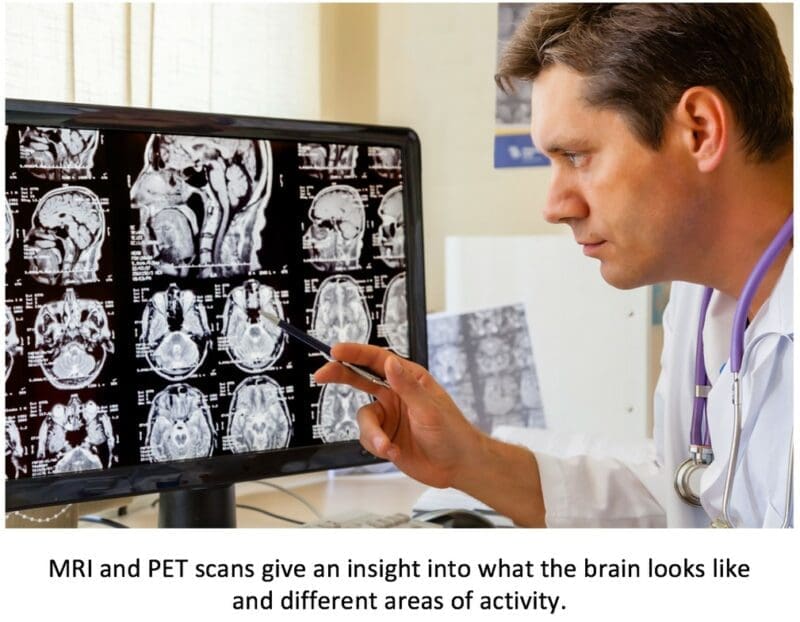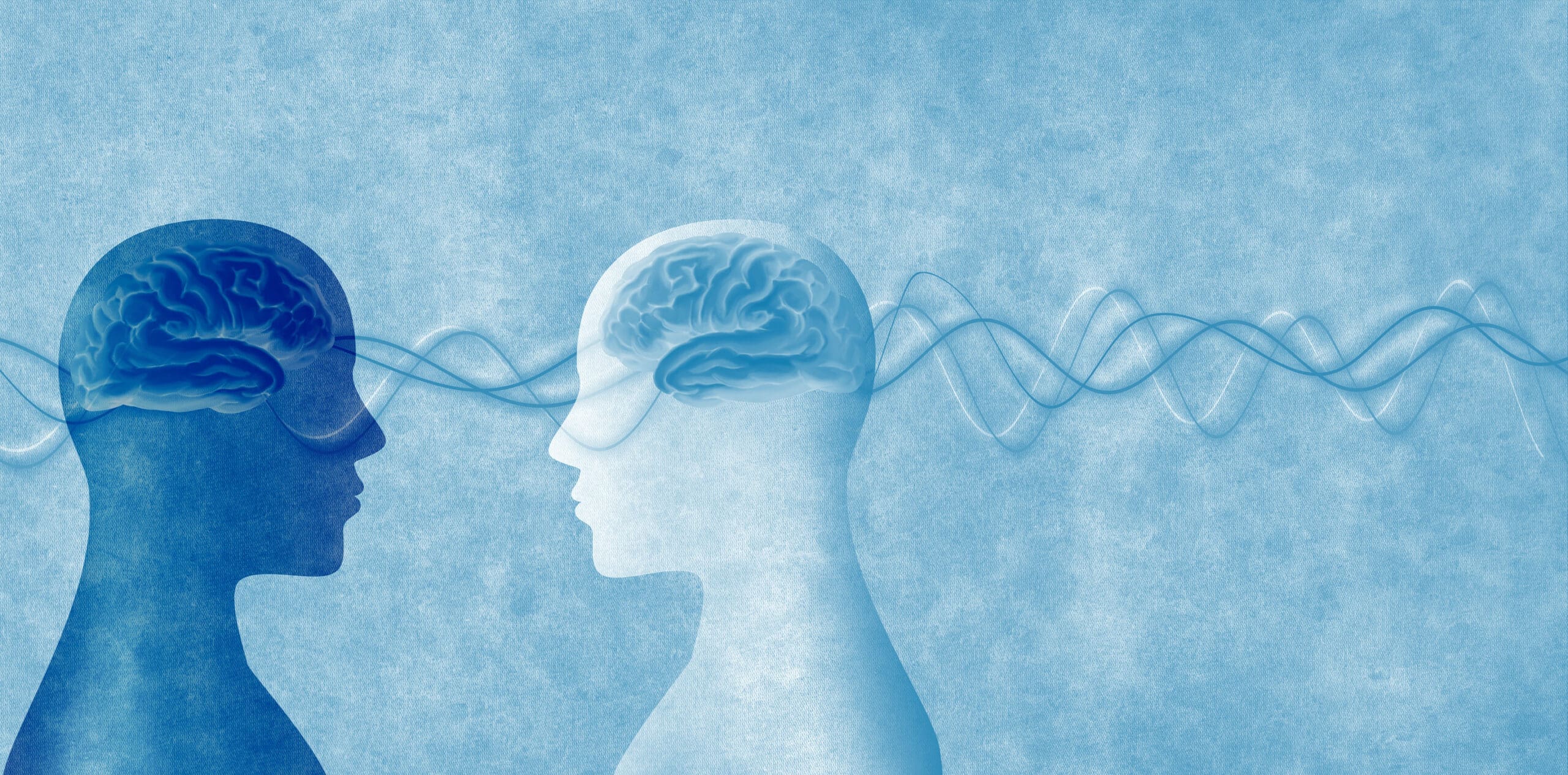In this post
Psychology today refers to a study of human mind and behaviour and has been developed over approximately 200 years. It originally began as a branch of philosophy but is now considered to be a science. Researchers have also changed how they study the mind and behaviour since the origins of this type of research with Wilhelm Wundt, in the 1870s.
How has studying psychology changed over time?
Wilhelm Wundt opened a laboratory in Germany in 1875 with the intention of trying to study people’s actual thoughts. Prior to this, thoughts were not of importance to researchers, who were keener to understand the anatomy of the brain. Much illness, even that which would be very obvious today as a mental illness, was put down to changes in physiology, so Wundt was something of a pioneer in this area.
Until quite recently, it was only possible to study someone’s brain after their death (post-mortem), but today we can do this by advanced technology. It is because of this sophisticated technology and advancements in overall knowledge of human behaviour that we are able to put the two together to make predictions about people.
The EEG (electroencephalograph) was invented in the 1920s to try and study brainwaves in a living person. EEGs work by having electrodes placed onto the scalp, which pick up electrical readings from different areas of the brain. The researcher can tell from the activity levels shown which areas of the brain are working the hardest.
After the invention of the EEG, the MRI (magnetic resonance imaging) and PET (positron emission topography) scans closely followed, which give even more detailed information about what the brain’s anatomy looks like and how active different areas of the brain are at different times.
These advancements enable health professionals to see which areas of the brain might be a cause for concern whilst someone is still alive and therefore they can help them to treat and manage any conditions which are identified.




